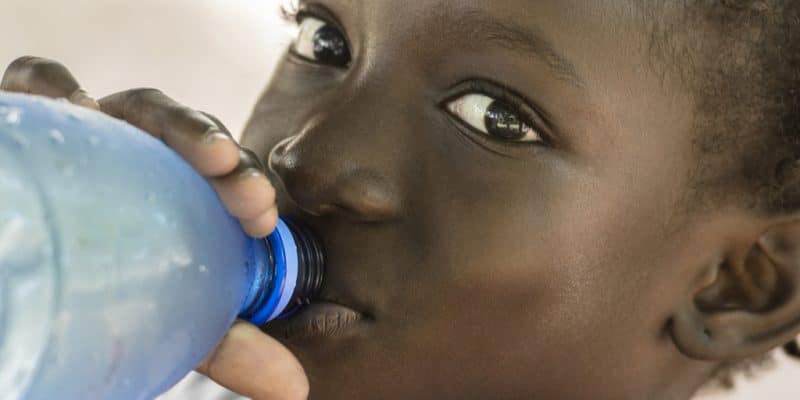The European Water Treatment Company (ETE) has installed a water pumping system in Ndiaganiao. The facility will provide the villagers with drinking water, a commodity that has remained scarce in the area until now. The system will be powered by solar energy.
The decision to choose Ndiaganiao (a rural community located in western Senegal) as the location for the water pumping station by the European Water Treatment Company (ETE) may seem to be a coincidence. The village’s name, however, comes from the name of a watercourse, Ndiañaw, who had preceded the settlement of the local population. However, in recent years, the village had been in need of water. From now on, the villagers will have access to purified and safe water.
The European Water Treatment Company has just installed a complete water pumping and distribution system. The water will be filtered and decontaminated, without the use of chemicals, and therefore without any impact on the health of the beneficiaries. It is an important breakthrough for the locality, as Didier Ginestet, Head of Research and Development at ETE, has pointed out. Like Ndiaganiao, “many villages are isolated, because it is very expensive to create new networks; they are therefore seeking autonomy for water and energy supply,” he said.
The programme provides for the installation of the equipment in some ten Senegalese villages. While the rate of access to safe drinking water is 91% in rural Senegal, the country is often plagued by water shortages. In 2018, however, the government, through the Ministry of Water and Sanitation, began building 300 boreholes to supply the population.
“L’Européenne du traitement des eaux” is a water treatment company based in Saint-Laurent-de-la-Salanques (Pyrénées orientales, France). Its areas of activity include the design, manufacture and distribution of water treatment systems without chemical additives. It is represented in ten African countries, including Senegal, Cameroon, Mauritania…
Luchelle Feukeng






